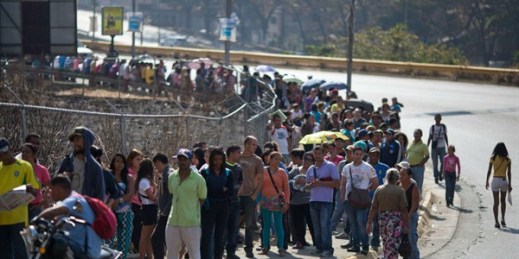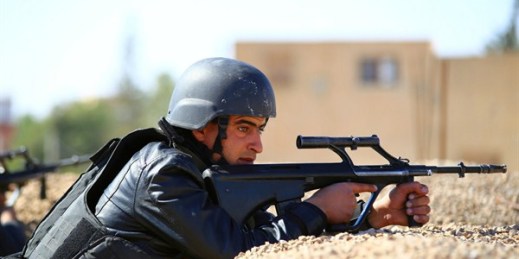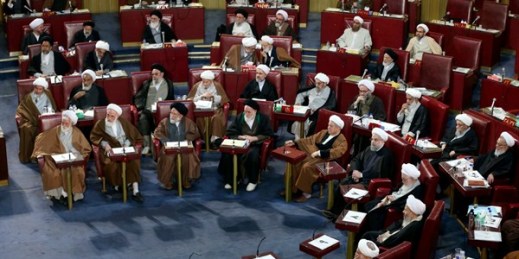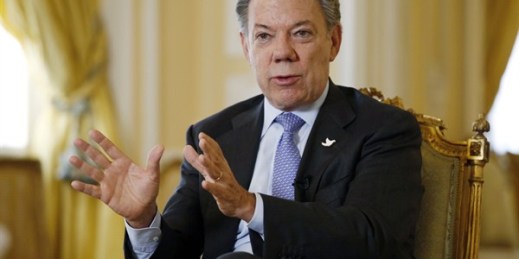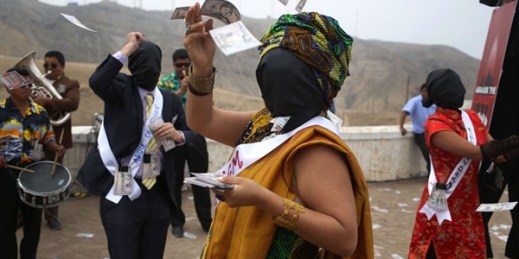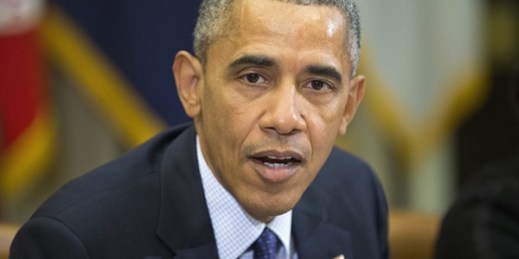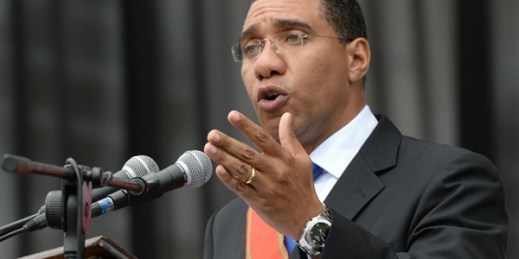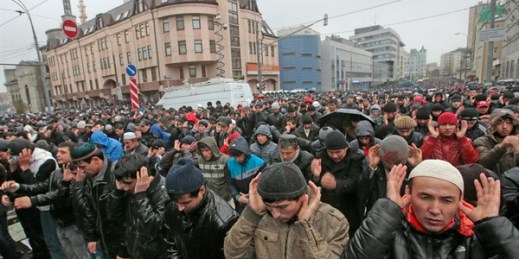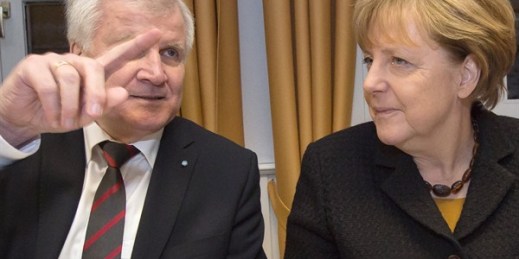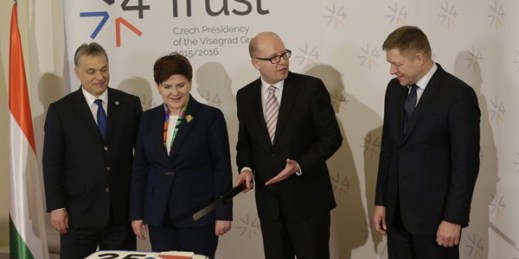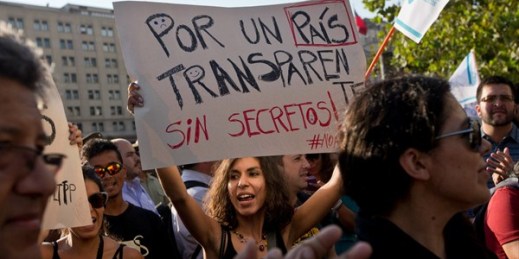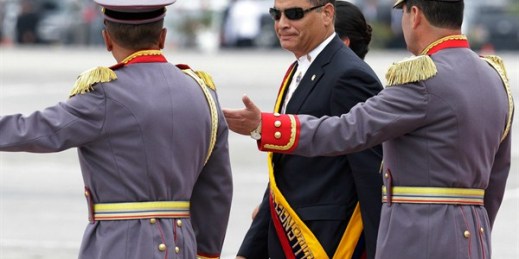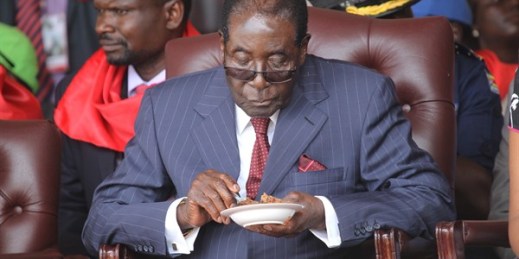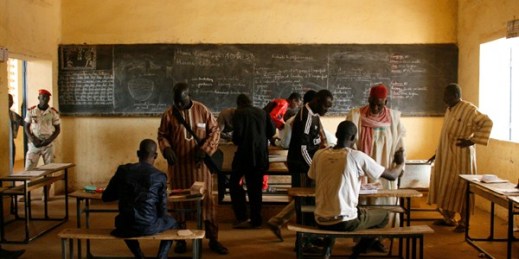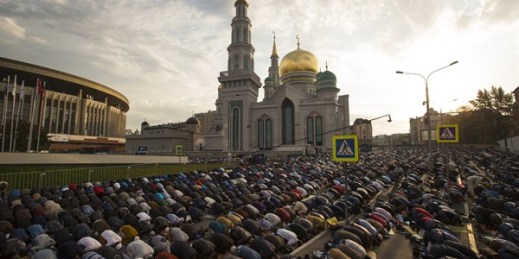
In this week’s Trend Lines podcast, WPR’s editor-in-chief, Judah Grunstein, and host Peter Dörrie discuss the elections in Iran, South Korea’s missile defense program and the Colombian government’s peace talks with the FARC. For the report, Robert Crews, the director of the Sohaib and Sara Abbasi Program in Islamic Studies at Stanford University, joins us to explain how Russia’s Muslim population fits into President Vladimir Putin’s domestic and foreign policy agenda. Listen:Download: MP3Subscribe: iTunes | RSS Relevant articles on WPR: Iran’s Election Results Show Pendulum Swinging Away From Hard-Liners North Korea’s Provocations Revive U.S. Missile Shield in South Korea Santos […]

